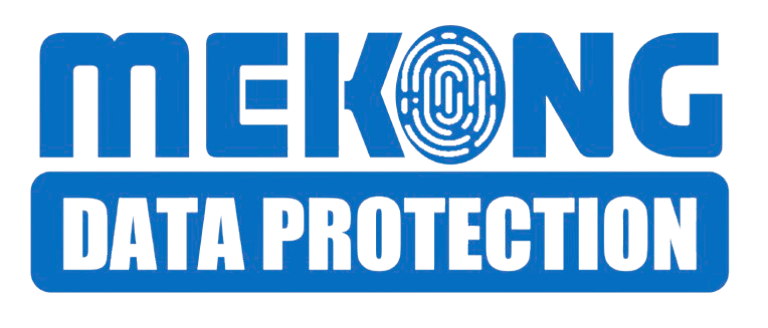5 Surprising Ways Your Data is Used
In today's digital world, we generate data with almost everything we do online. From social media posts to online shopping, our actions create a digital footprint that companies collect and use in ways you might not expect. Let's explore five surprising ways your data is being used that you probably didn't know about.
DATA PRIVACYDATA PROTECTION
Pheakdey Heng
1/15/20252 min read
1. Predicting Your Shopping Habits Before You Do
Have you ever noticed how ads seem to know what you want before you even search for it? That's not coincidence. Companies analyze your browsing history, purchase patterns, and even how long you hover over certain items to predict what you might buy next.
Major retailers like Amazon and Target have become incredibly skilled at this. Target once famously figured out a teenage girl was pregnant before her father did, based solely on subtle changes in her shopping patterns. They started sending her baby-related coupons, which is how her father discovered the pregnancy!
2. Setting Your Insurance Premiums
Insurance companies are increasingly using data from various sources to determine your premiums. This goes beyond the traditional factors like your driving record or medical history.
Some auto insurers offer apps that track your driving habits, including how fast you drive, how hard you brake, and even what time of day you're on the road. Health insurers might look at your fitness tracker data or even your social media posts for clues about your lifestyle choices.
3. Influencing Your Mood and Behavior
Social media platforms don't just show you content randomly. Their algorithms carefully select what you see to keep you engaged longer. This might seem harmless, but these algorithms can actually influence your emotions and behaviors.
In 2014, Facebook conducted a controversial experiment where they manipulated users' news feeds to show either mostly positive or mostly negative content. They found they could actually influence users' emotional states based on what content they were shown. While this sparked major privacy concerns, similar (though less obvious) techniques are still used today to keep you scrolling.
4. Creating a "Digital Twin" of You
Data brokers compile information about you from hundreds of sources to create detailed profiles that represent your digital self. These "digital twins" include your demographics, interests, purchasing habits, and even predictions about your future behavior.
These profiles are then sold to companies for marketing purposes. What's surprising is how detailed they can be—sometimes knowing more about your habits and preferences than your closest friends do! One data broker claimed to have approximately 1,500 data points on each of the 700 million consumers in their database.
5. Determining What Price You See Online
Ever noticed different prices when shopping on the same website from different devices? That's called "dynamic pricing" or "price discrimination," and it's based on your data.
Companies analyze factors like your location, browsing history, the device you're using, and your past purchases to determine what price to show you. Someone shopping on a Mac might see higher prices than someone on a PC because data suggests Mac users are willing to spend more. Similarly, prices might be higher if you've looked at an item multiple times (suggesting strong interest) or if you're shopping from a wealthy neighborhood.
What Can You Do?
While it's nearly impossible to completely prevent your data from being collected, you can take steps to limit it:
Regularly clear your cookies and browsing history
Use privacy-focused browsers and search engines
Opt out of data collection when possible
Review privacy settings on all your accounts
Consider using a VPN for more private browsing
Understanding how your data is being used is the first step toward taking control of your digital footprint. While these practices might seem unsettling, being aware allows you to make more informed choices about your online activity.
Remember, in the digital age, if you're not paying for a product, you are the product—or more specifically, your data is.
